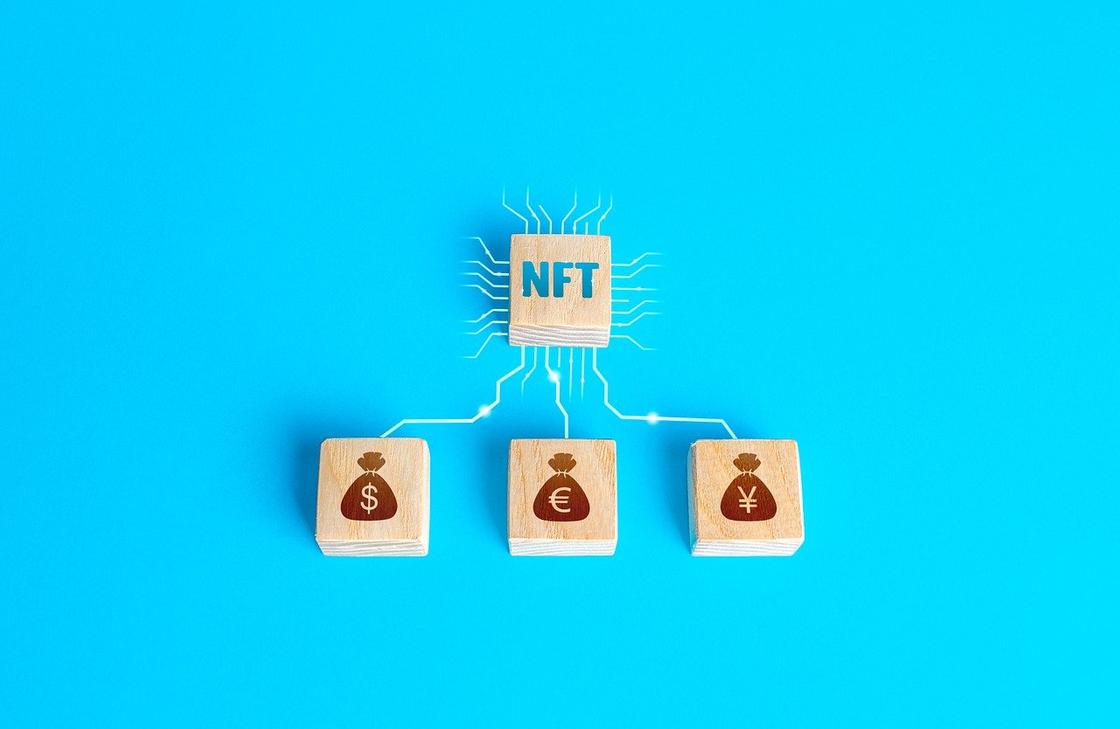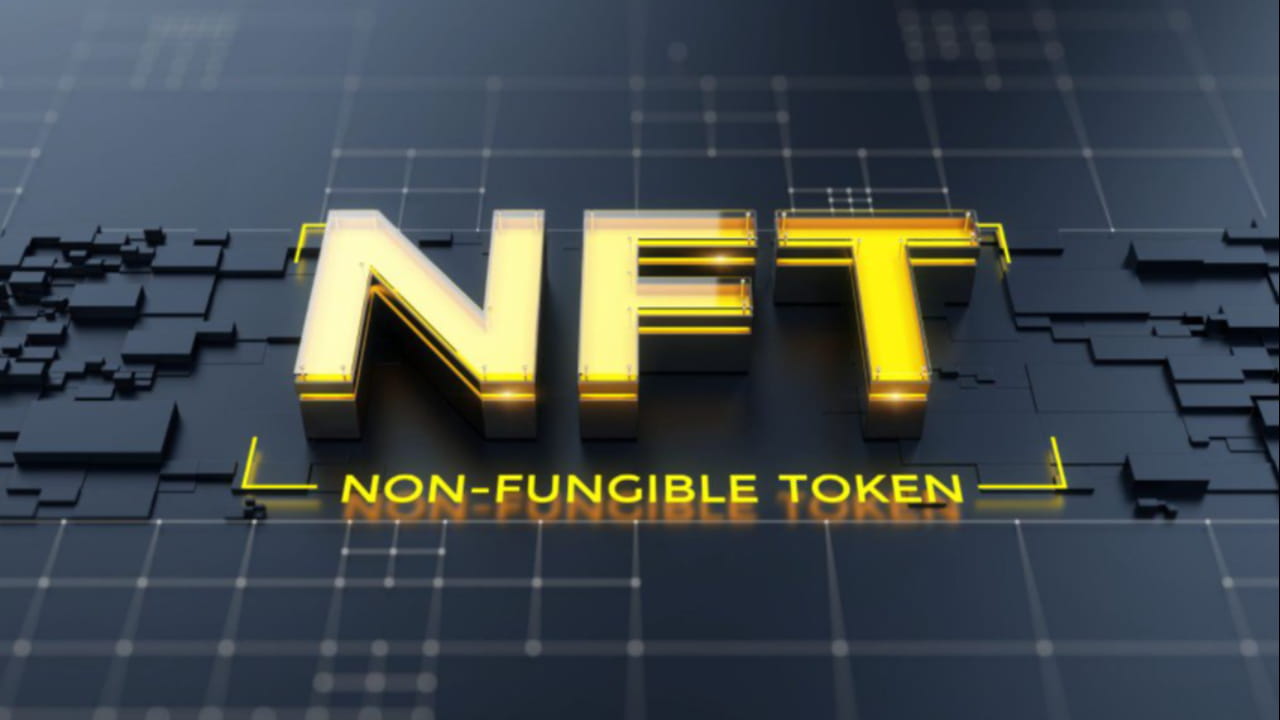NFT Protections in Crypto Bill As the regulatory landscape for digital assets continues to evolve, U.S. lawmakers are pushing for vital protections for non-fungible tokens (NFTs) in an updated cryptocurrency bill. This effort, led by a bipartisan group of congressmen, aims to establish clear legal distinctions between NFTs and traditional financial instruments. The proposed revisions are designed to protect NFT creators, investors, and users while promoting innovation in the digital collectibles sector.
Need for NFT-Specific Protections
NFTs have grown into a multi-billion-dollar industry, spanning digital art, collectibles, gaming assets, and virtual real estate. NFT Protections in Crypto Bill However, the absence of well-defined regulatory frameworks has led to legal uncertainty, market manipulation concerns, and potential enforcement actions from agencies like the Securities and Exchange Commission (SEC). Lawmakers recognize the need for explicit protections to prevent overregulation while ensuring consumer and investor safety.

Congressmen advocating for these changes argue that NFTs are fundamentally different from cryptocurrencies and securities. Unlike fungible tokens such as Bitcoin or Ethereum, which serve as digital currencies, NFTs represent unique, non-interchangeable digital assets. This distinction is crucial in determining how they should be regulated.
Key Provisions in the Revised Crypto Bill
The revised bill introduces several important provisions aimed at addressing concerns related to NFTs:
Clarifying NFT Classification
The bill seeks to provide a legal definition of NFTs, distinguishing them from traditional securities and commodities. By categorizing NFTs based on their use cases—such as digital art, collectibles, and gaming assets—the legislation aims to prevent unnecessary regulatory burdens.
Protecting NFT Creators and Investors
A major focus of the bill is ensuring fair treatment for artists and developers who rely on NFTs for monetization. It includes provisions to safeguard royalties, protect intellectual property rights, and establish mechanisms to prevent fraudulent activities like wash trading and counterfeit NFTs.
Exemptions for Certain NFTs
To encourage innovation, the proposed bill may exempt certain types of NFTs from being classified as securities. For instance, digital collectibles that are not marketed as investment vehicles could be shielded from stringent SEC oversight, allowing artists and creators to sell their work without regulatory hurdles.
Enhancing Consumer Protections
The legislation also introduces measures to enhance transparency and consumer protections in NFT marketplaces. These include disclosure requirements for NFT sales, guidelines for secondary market trading, and anti-fraud provisions to prevent scams and misleading marketing practices.
Interoperability and Ownership Rights
The bill emphasizes the importance of digital property rights and interoperability across blockchain networks. By ensuring that users retain full ownership and control over their NFTs, the legislation aims to prevent centralized entities from imposing restrictive policies that limit asset portability.
Congressional Support and Industry Reactions
The push for NFT protections has garnered bipartisan support, reflecting a growing consensus on the need for balanced regulation. Lawmakers backing the bill argue that without proper legal clarity, the NFT industry could face unnecessary crackdowns that stifle innovation and economic growth. Industry leaders, including NFT marketplaces, blockchain developers, and digital artists, have expressed optimism about the bill’s potential impact.

Many view it as a positive step toward legitimizing NFTs as a distinct asset class while addressing concerns about fraud, intellectual property theft, and regulatory overreach. However, some critics worry that the bill may not go far enough in defining the legal boundaries between different types of NFTs. They argue that more precise guidelines are needed to differentiate between NFTs used purely for digital ownership and those designed as speculative financial instruments.
Potential Impacts on the NFT Market
If enacted, the revised crypto bill could have far-reaching implications for the NFT ecosystem. Some potential outcomes include:
- Increased Market Stability: Clearer regulations could reduce uncertainty, attracting more institutional investors and mainstream adoption.
- Growth in NFT Utility: With regulatory safeguards in place, NFTs could expand beyond art and collectibles into industries like real estate, entertainment, and intellectual property management.
- Legal Clarity for Businesses: Companies involved in NFT issuance, trading, and development would have a defined regulatory framework, reducing compliance risks.
- Reduced Fraud and Scams: Enhanced consumer protections could help weed out bad actors and improve trust in NFT marketplaces.
Read More: Pudgy Penguins vs. CryptoPunks The Shift in NFT Dominance
Conclusion
The revised crypto bill introduces key protections for NFTs. It aims to bring legal clarity to the digital collectibles market. Lawmakers want to separate NFTs from traditional financial assets. The bill includes safeguards against fraud and manipulation. These measures could help create a more stable NFT ecosystem. Clear regulations may encourage sustainable industry growth. The bill is still moving through Congress for approval. Its final terms will shape NFT innovation and oversight. Striking a balance between growth and regulation is crucial. Regardless of the outcome, NFTs are gaining legal recognition. Digital assets continue to reshape the modern economy.




